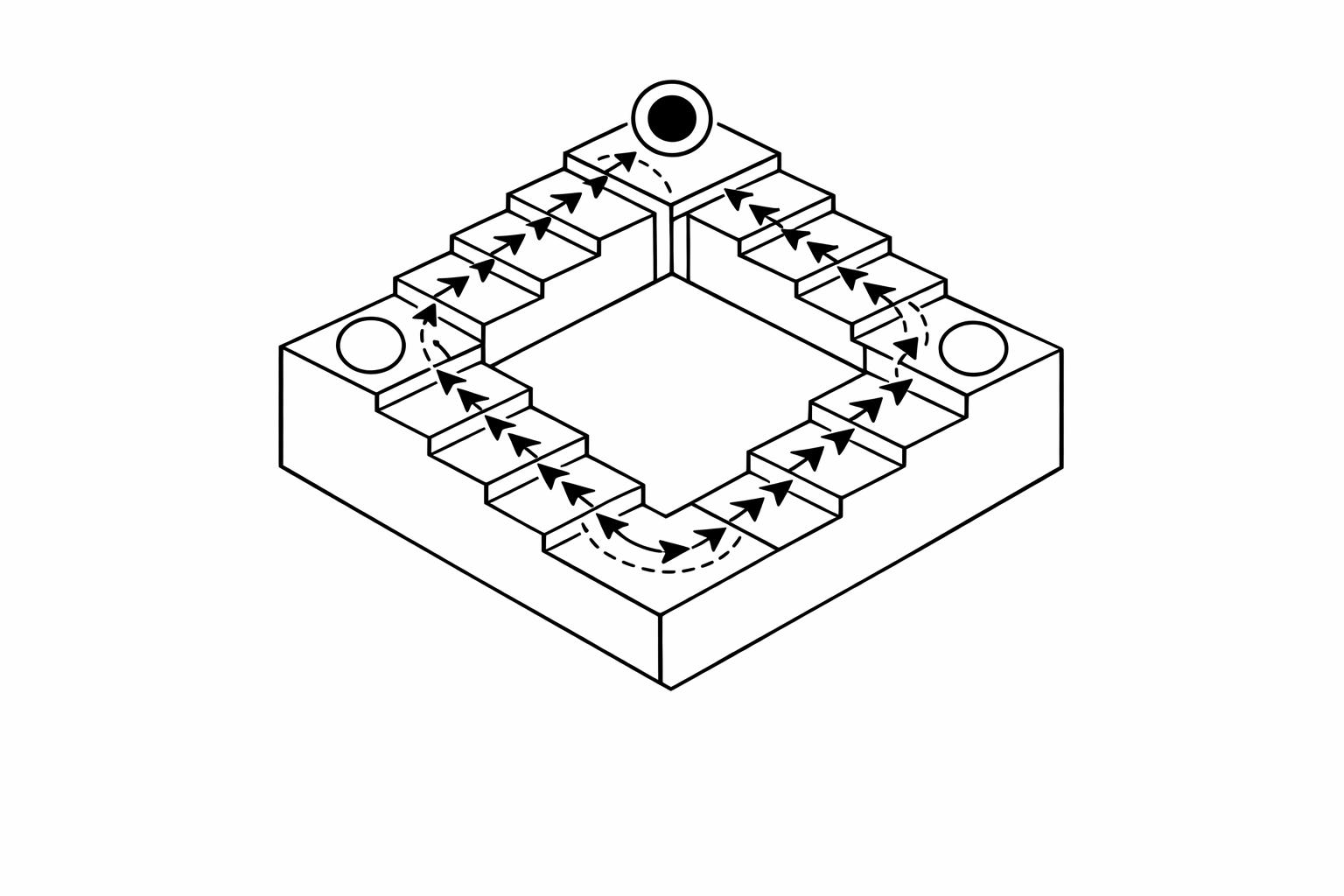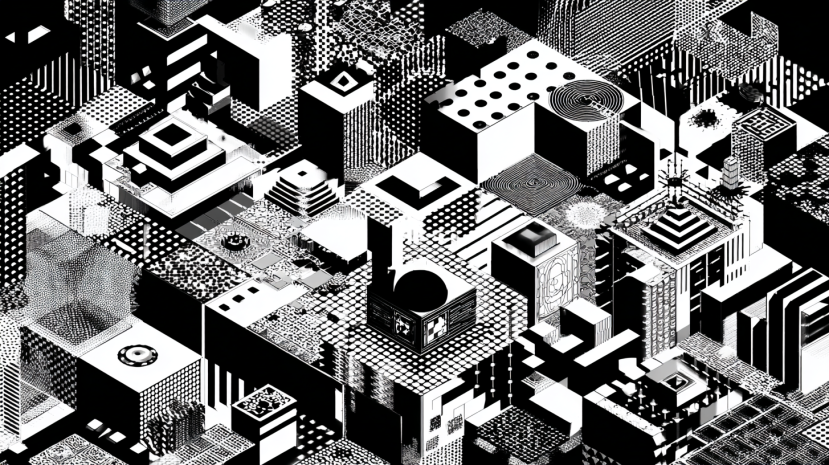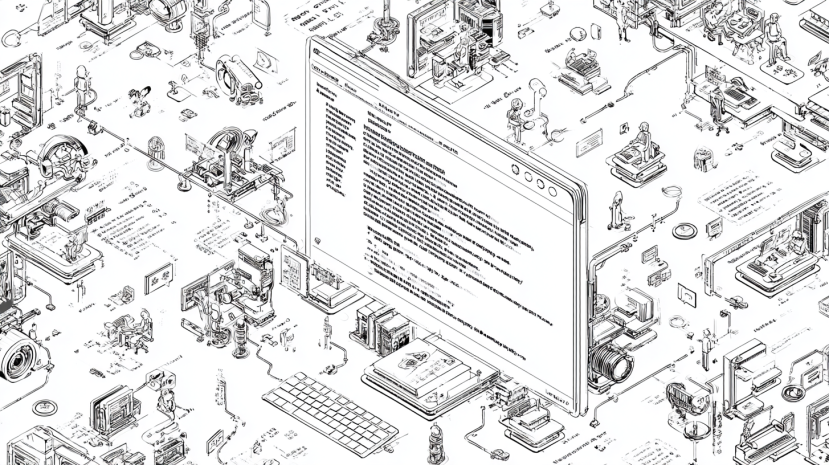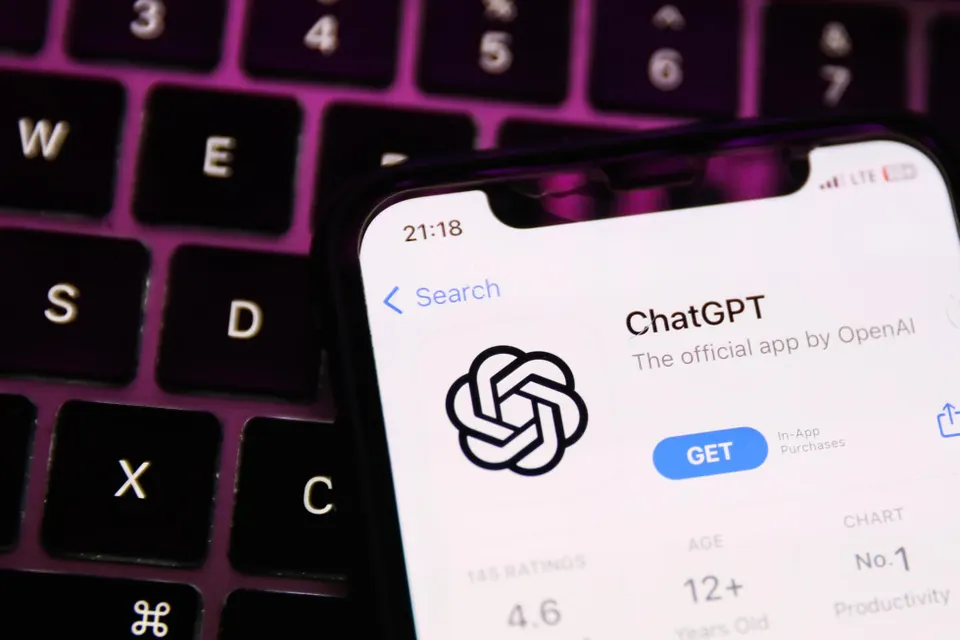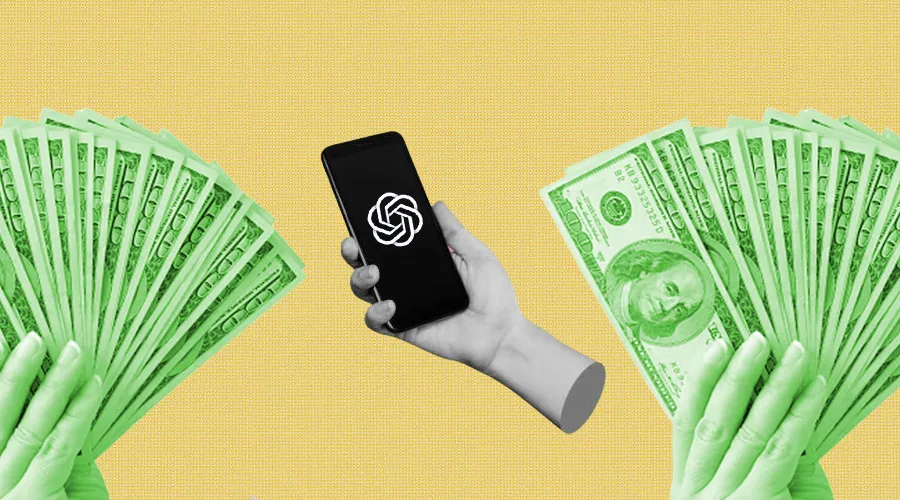15 Jobs That ChatGPT Can Replace
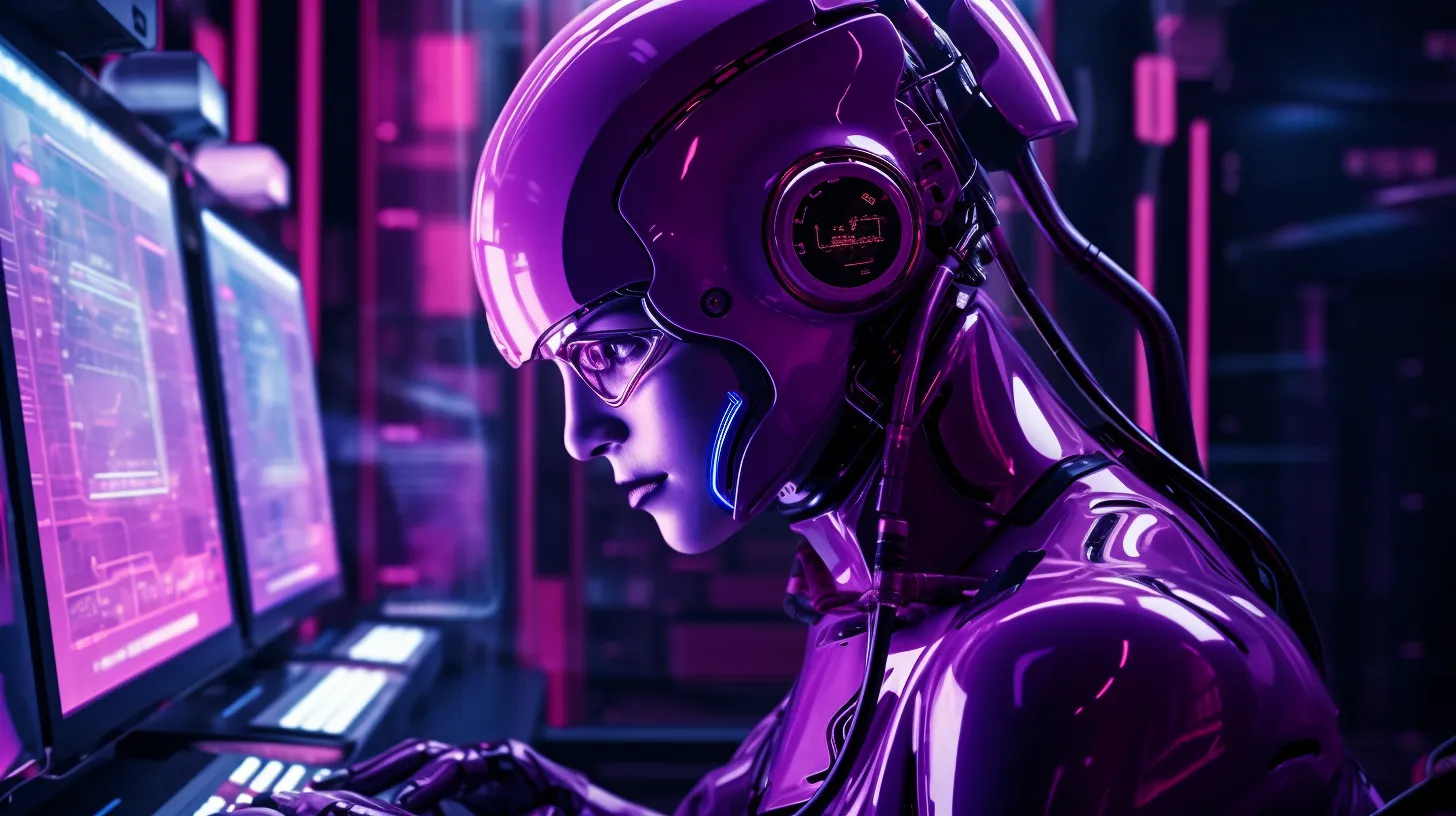
The job market is changing quickly due to advancements in artificial intelligence.
ChatGPT, a powerful AI language model, is at the forefront of this transformation.
This post looks at 15 jobs that ChatGPT can replace, showing how AI is reshaping the workforce.
Many people worry about AI taking over jobs, leading to uncertainty about future career paths.
This post addresses these concerns by explaining how ChatGPT is changing specific roles and highlighting both the challenges and opportunities that come with these changes.
By reading this post, you'll learn which jobs are most at risk of being replaced by ChatGPT.
From administrative tasks to technical support, this AI can handle a wide range of responsibilities.
But it's not just about replacement; it's also about enhancement.
AI can help human workers be more productive, allowing them to focus on more strategic and creative parts of their jobs.
This post will help you understand the future of work and how to prepare for it.
Whether you're a professional looking to stay ahead or an employer wanting to integrate AI into your operations, you'll find valuable insights and practical advice here.
READ ALSO: 18 Best AI Tools for Solopreneurs
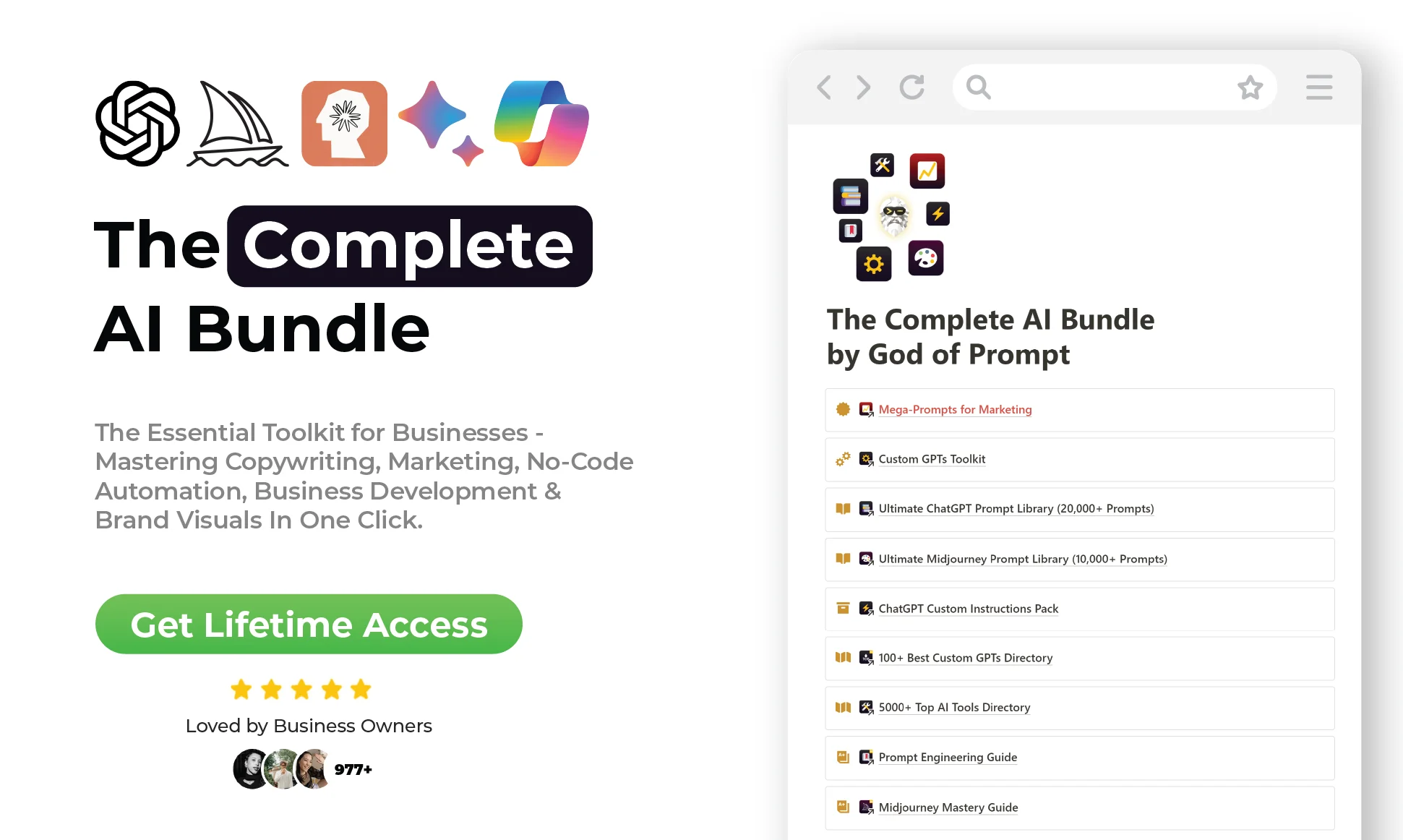
Jobs At Risk of Being Replaced by ChatGPT
AI is no longer a mere topic of sci-fi movies.
It's a real deal, and it's rapidly changing the job landscape.
While it's making our lives easier, it's also ringing alarm bells for certain jobs.
And guess what? ChatGPT is leading the change.
1. Mathematicians

Remember the days when we struggled with math problems?
ChatGPT is here to the rescue. From school kids getting homework help to professionals tackling tough equations, AI-powered tools are the new math buddies.
Custom bots tailored for math are gaining traction too.
All the bot requires is user input in the form of a simple question or feed it a dataset.
Using provided input, ChatGPT can solve all types of problems, including one that confounds most users and teachers alike.
From doing simple additions to solving complex SAT questions, AI can do it all. Furthermore, as time passes, its capabilities will only increase.
We have already seen a monumental rise in ChatGPT, risking jobs by helping tons of folk online with math help.
2. Interpretators and Translators
Those amazing people who helped us understand foreign languages or showed us around unfamiliar cities?
AI, with the likes of ChatGPT, is stepping into their shoes.
While Google Translate has been around, GPT-4 LLM's support for 26 languages is a game-changer.
AI is now translating documents, sentences, and even single words.
And if you're into voice translation, tools like Whisper API are leading the way.
Even popular apps like Duolingo are hopping onto the GPT-4 LLM bandwagon.
💡 Stop worrying about AI and get our advanced ChatGPT Prompt Bible for any workflow with a limited-time 70% discount!
3. Poets, Lyricists, and Creative Writers
Creativity has always been a human stronghold.
But now, AI is giving poets, lyricists, and writers a run for their money.
With tools like ChatGPT, crafting poems, lyrics, or stories has never been easier.
It's not about replacing, but enhancing creativity.
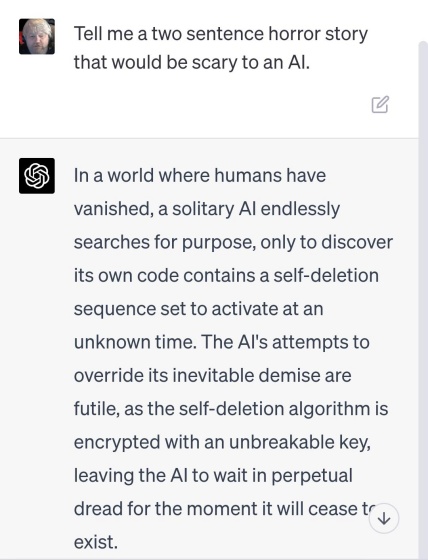
AI isn't just about numbers and logic anymore; it's tapping into creativity.
ChatGPT, for instance, can effortlessly whip up poems, stories, and even haikus.
Just give it a hint, and it might present you with an epic tale about the apocalypse.
It's becoming a go-to for many in the creative field, from breaking writer's block with top writing apps to crafting spine-chilling horror tales.
Some are even turning to ChatGPT to pen books and list them on platforms like Amazon.
With this pace, poets and writers might soon find themselves competing with ChatGPT for job opportunities.
4. Web Designers
Every polished website we see has had a web designer meticulously crafting its look and function.
But AI, especially tools like ChatGPT, is shaking up the web design world.
While platforms like Wix already leverage AI for website building, ChatGPT goes a step further.
Instead of sticking to fixed templates, even budding web developers are turning to ChatGPT to generate complete website code, spanning languages like HTML, CSS, and Javascript.
Just specify your needs, and ChatGPT delivers ready-to-use code, customized to your preference.
With AI offering such capabilities, traditional web design roles are facing stiff competition.
Today, AI-designed websites look as polished as their human-designed counterparts.
💡 Stop worrying about AI and get our advanced ChatGPT Prompt Bible for any workflow with a limited-time 70% discount!
5. News Analysts, Reporters, and Journalists
Being a tech journalist, I pour hours into crafting every article.
From in-depth research to rigorous fact-checking, a lot goes into producing quality content.
But tools like ChatGPT are redefining the game. In mere minutes, AI can produce comprehensive articles on diverse topics, requiring only slight edits.
It doesn't stop at articles – ChatGPT can craft scripts for platforms like YouTube and Instagram.
Although they might need a touch-up due to dataset limitations, the results are impressive.
6. Lawyers and Paralegals
Paralegals and legal administrators play a crucial role in translating dense legal documents into concise summaries.
Yet, with AI advancements, their roles are being challenged.

ChatGPT can swiftly draft legal briefs, lawsuits, and other legal documents without much guidance on format.
For paralegals, who typically spend days on lawsuit drafts and case development, AI's efficiency poses a threat.
Already, people are using ChatGPT for crafting legal suits, accomplishing in minutes what used to take days.
And it doesn’t end there. We’ve even seen AI robots nearly stepping into courtrooms.
While that initiative didn't materialize, AI's burgeoning capabilities in content generation raise concerns about the future of jobs in the legal domain.
7. Accountants and Auditors
Finance is a vast field, from creating financial statements to comprehensive reports.
Traditionally, it involves meticulous work and research. Yet, ChatGPT is now taking significant strides in this domain.
From basic Excel tasks and market research to intricate financial tasks, AI is emerging as a powerhouse.
While experts urge caution in fully relying on tools like GPT-4, its capabilities can't be denied.
If used judiciously, ChatGPT can streamline many routine tasks, allowing professionals to focus on high-level accounting functions.
In fact, OpenAI showcased GPT-4's potential in tasks like tax calculation, hinting at future applications with plugins.
💡 Stop worrying about AI and get our advanced ChatGPT Prompt Bible for any workflow with a limited-time 70% discount!
8. Teachers
Teaching, an age-old profession, is witnessing a technological twist.
AI tools, including ChatGPT, excel at generating code and simplifying complex subjects.
They're transforming education, aiding in explaining intricate concepts, or even crafting essays, leading educators to rely on advanced plagiarism checkers.
AI's role in education is expanding, with platforms like Caktus and Google Socratic AI assisting students with homework.
As AI's role grows, traditional teaching roles might face challenges.
9. Graphic Designers
Web designers aren't alone in feeling AI's pressure. Graphic designers, known for their creative visuals, are seeing competition from advanced AI image generators in the market.

With just a handful of prompts, users can now generate a plethora of stunning AI-created images suitable for various uses.
The trend of hiring graphic designers is gradually declining as free AI tools flood the market.
10. Customer Service Agents
While phone support sometimes irks users, customer service agents remain crucial, especially in sectors like banking.
Yet, the rise of AI and tools like ChatGPT indicates a shift from human support to AI-driven bots.
Whether it's an online chatbot on a banking website or voice-activated phone support, AI is increasingly handling customer queries.
HDFC's Eva, an AI virtual assistant, epitomizes this trend. It can handle multiple conversations, answer common questions, and even tackle custom queries.
With AI systems recognizing speech and providing instantaneous responses, traditional customer service roles face stiff competition.
11. Cashiers
Cashier roles have been in the crosshairs of AI disruption for some time.
They play an essential role in billing and, to some extent, inventory management.
But with the advent of automation and AI, their job security is under threat. Advanced technologies are ushering in automated billing systems, giving traditional cashier roles a run for their money.
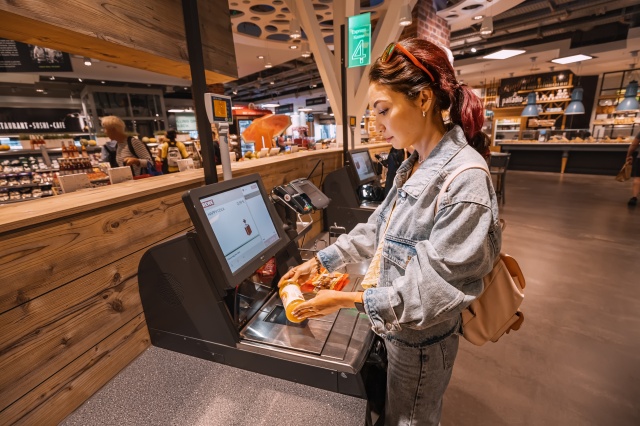
Self-checkout machines, although not brand new, are becoming more prevalent in stores worldwide.
These systems let customers scan, pay, and leave, often found in busy grocery chains.
12. Proofreaders
Proofreading isn't just skimming for typos.
It demands attention to detail and fact-checking, making it a demanding task.
But with tools like ChatGPT, the proofreading process is evolving.
Not only can AI assist proofreaders, but it can also take on significant portions of the task, transforming how proofreading is approached.

Today's AI, including ChatGPT, can seamlessly read, proofread, and refine online content.
By feeding it style samples, ChatGPT can even tailor its proofreading based on specific writing styles.
A pioneer in AI-driven proofreading is Grammarly, which corrects and enhances writing contextually.
Similarly, ChatGPT and other AI solutions are emerging, offering not just corrections but significant text improvements.
13. Social Media Managers
Companies rely on social media managers to craft and execute their online engagement strategies.
But AI, particularly ChatGPT, is venturing into this feild.
From drafting catchy captions to creating holistic social media plans, ChatGPT is proving invaluable.
While some businesses are integrating AI into their social media strategies, the human touch, with its emotional intelligence and tailored plans, remains irreplaceable. Thus, while ChatGPT may aid social media professionals, it's unlikely to replace them entirely.
💡 Stop worrying about AI and get our advanced ChatGPT Prompt Bible for any workflow with a limited-time 70% discount!
14. Recruiters and HR Teams
Although AI can facilitate parts of the recruitment process, it's unlikely to supplant human recruiters.
ChatGPT can simulate job interviews, but human emotional intelligence remains pivotal, especially when pursuing potential candidates.
Thus, while ChatGPT can be a valuable interview tool, human-driven recruitment remains paramount.
15. Clinical Data Managers
In the healthcare sector, clinical data managers play a vital role in collecting and analyzing data from clinical trials.
Beyond this, they draft essential documents pivotal to research.

Given their advanced analytical capabilities, AI tools like ChatGPT can process vast amounts of data efficiently.
They have the potential to craft comprehensive databases for medical organizations.
Yet, there are ethical implications concerning medical data and AI, which warrant a deeper discussion.
It remains to be seen if AI will significantly impact the roles of clinical data managers.
ChatGPT's Perspective on Job Replacement
Considering we're discussing AI's impact on jobs, it's intriguing to consider ChatGPT's own perspective.
We posed a question to ChatGPT, asking which 20 jobs it believes it might render obsolete, along with brief reasoning for each.
Let's explore ChatGPT's insights into the future of work.
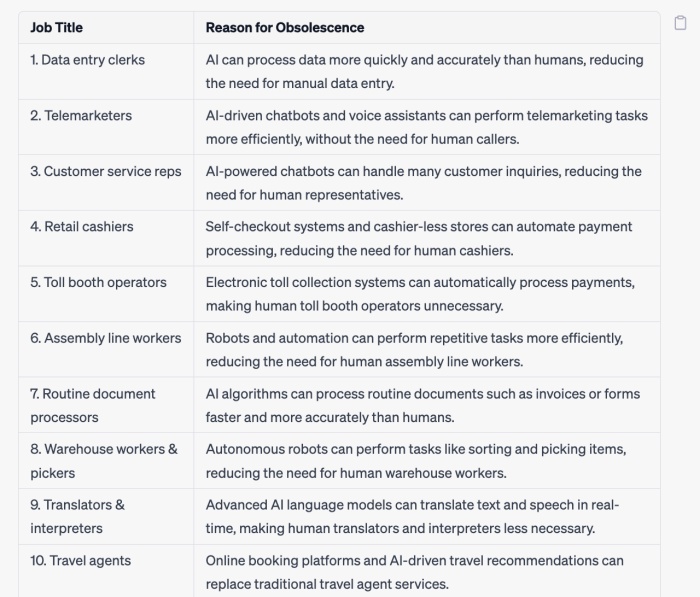
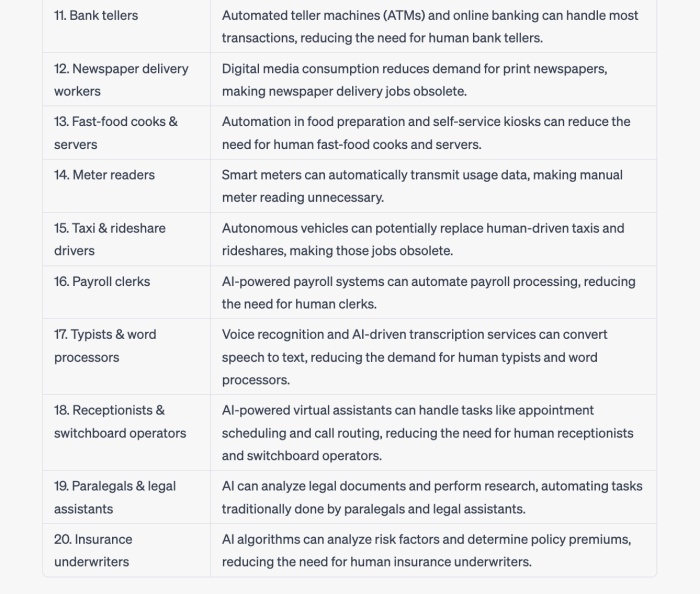
As anticipated, ChatGPT's predictions align with some of our job concerns. But how soon might these predictions materialize?
💡 Stop worrying about AI and get our advanced ChatGPT Prompt Bible for any workflow with a limited-time 70% discount!
OpenAI's Analysis on ChatGPT's Impact on Jobs
OpenAI, the mastermind behind ChatGPT, recently researched AI's potential to replace jobs.
Their study, "GPTs are GPTs: An early look at the labor market impact potential of large language models", delves into the job vulnerabilities when AI is integrated.
OpenAI designed a precise rubric to gauge this, examining various job roles.
The findings?
Around 80% of the US workforce might see at least 10% of their tasks impacted by GPTs.
Moreover, 19% could see half their tasks affected.
Vulnerable roles span from mathematicians and journalists to policy analysts. Given these insights, the job landscape might undergo significant shifts due to AI.
Should We Be Concerned About ChatGPT and Jobs?
While it's tempting to hit the panic button, caution is advised.
AI's influence on jobs isn't a brand-new phenomenon; it's been in play for years.
ChatGPT simply magnified its potential.
Speaking personally, as a writer directly impacted by AI's expansion, I'm torn. I admire AI's progress, yet the irony of discussing an entity that might replace me isn't lost.
Many of us in journalism harness tools like ChatGPT for inspiration and refining content.
The day when AI fully supplants human jobs might be on the horizon, but it hasn't dawned yet. Until then, let's cherish the authenticity of human-crafted words.
15 Jobs That ChatGPT Can Replace
1. Customer Support: Automating responses and handling queries.
2. Content Creation: Writing articles, blogs, and social media posts.
3. Data Entry: Automating repetitive data input tasks.
4. Technical Support: Providing tech assistance and troubleshooting.
5. Translation: Translating texts between languages.

How to Make Money With AI Fast? Using AI Tools for Financial Success
The business realm is getting a significant boost with Artificial Intelligence (AI). Whether it's analyzing vast amounts of data, crafting content, or whipping up innovative marketing plans, AI is the new sidekick for entrepreneurs.














